
Israel would inform, not ask U.S. before hitting Iran
By Dan Williams - Analysis
TEL AVIV (Reuters) - When he first got word of Israel's sneak attack on the Iraqi atomic reactor in 1981, U.S. President Ronald Reagan privately shrugged it off, telling his national security adviser: "Boys will be boys!"
Would Barack Obama be so sanguine if today's Israelis made good on years of threats and bombed Iran's nuclear facilities, yanking the United States into an unprecedented Middle East eruption that could dash his goal of easing regional tensions through revived and redoubled U.S. outreach?
For that matter, would Israeli Prime Minister Benjamin Netanyahu readily take on Iran alone, given his country's limited firepower and the risk of stirring up a backlash against the Jewish state among war-weary, budget-strapped Americans?
Obama is no Reagan. And many experts believe the two allies are now so enmeshed in strategic ties -- with dialogue at the highest level of government and military -- that complete Israeli autonomy on a major issue like Iran is notional only.
So while no one questions Israel's willingness to attack should it deem U.S.-led talks on curbing Iranian uranium enrichment a dead end, such strikes would almost certainly entail at least last-minute coordination with Washington.
Israel would want to ensure that its jets would not be shot down by accident if overflying U.S.-occupied Iraq, and to give Americans in the Gulf forewarning of possible Iranian reprisals.
"Whether or not Israel got the green light from Washington to attack Iran is almost immaterial, as everybody in the region would believe that the U.S. was complicit," said Karim Sadjadpour of the Carnegie Endowment for International Peace.
One U.S. diplomat envisaged Israeli Defense Minister Ehud Barak telephoning Pentagon chief Robert Gates, unannounced, "to give a heads-up and explain" once the mission were under way.
Gates and the U.S. military brass have voiced distaste for pre-emptive strikes on Iran, which says its uranium enrichment is for legitimate electricity production, not weapons. But their public comments have acknowledged that Israel could break rank.
"I do not doubt that Israel will do what it thinks it needs to do, regardless of whether the U.S. approves," said Mark Fitzpatrick, non-proliferation expert at the International Institute for Strategic Studies in London.
"Israel would seek forgiveness, not permission."
A retired Israeli general who advises the government on strategic issues suggested there was a tacit synchronicity in recent messages about Iran from Israel and the United States:
"The Israeli threat adds urgency to Obama's calls for diplomatic engagement, and should Israel take things into its hands, the Americans retain wriggle room, some deniability.
Due to its highly geo-strategic location, Iran possesses the capability to disrupt, if not completely stop, the flow of oil from the Gulf. Giant oil tanker traffic carrying daily cargo of millions barrels per day could find themselves threatened by mines or crossfire between opposing forces, a concern, which would raise insurance fees to unacceptable level. Such a development could send shockwaves throughout the oil world- and Iran's rogue president is perfectly aware of its consequences- oil prices will sky-rocket to unprecedented proportions, filling his nation's coffers with funding for his sinister projects!
But present focus is primarily on the strategic Strait of Hormuz., by far the world’s most critical oil traffic chokepoint, which lies at the entrance to the Persian Gulf. Over 14 million barrels of oil are passing daily, round-the-clock, through this Strait. The strait itself is barely 21 miles (34km) wide. At its narrowest, the Strait consists of two 1-mile (1.5km)-wide channels for inbound and outbound tanker traffic, as well as a 2-mile (3km)-wide buffer zone.
 But that's not all that bothers the worlds leading shipping Barons in this dangerous stretch of waterway. The Iranian port of Bandar Abbas is poised at the head of the Straits of Hormuz and is the military nerve centre from which the Iranian defense strategy in the Persian Gulf would be coordinated in an emergency.
But that's not all that bothers the worlds leading shipping Barons in this dangerous stretch of waterway. The Iranian port of Bandar Abbas is poised at the head of the Straits of Hormuz and is the military nerve centre from which the Iranian defense strategy in the Persian Gulf would be coordinated in an emergency.- In the event it was attacked Iran would cut off all traffic through the Strait of Hormuz and disrupt oil prices throughout the world. The U.S. or Israel could not afford this....

 PRINT THIS MAP
PRINT THIS MAP "Iran would respond to attack and the consequences would be dire".........
Conclusions drawn in the report came from numerous sources; the National Defence College in Stockholm, Retired US Admirals and Generals; Janes Information Group Washington, Middle East institutes, The Washington Institute for Near East Policy and amongst the conclusions drawn....
• Iranian forces are no match for American technology on a conventional battlefield • American forces throughout the Gulf region could be targeted" including Iraq and Afghanistan • More unpredictable than the Al Qaeda threat • An inability to manage some of the consequences • A firestorm of reaction internally that will only strengthen revolutionary forces, and externally in the region • A nightmare scenario for any contingency planner • That Iran has sworn that if attacked it will respond, "The Americans should know that if they assault Iran, their interests will be harmed anywhere in the world that is possible" - Ayatollah Sayyed Ali Khamenei • Any US-Iran conflict would push up oil prices(!) • Iran could disrupt shipping lanes in the Persian Gulf • An attack on Iran would likely lead to a drastic escalation against Israel by Hezbullah • Iran has honed a swarming tactic, in which small and lightly armed speedboats come at far larger warships from different directions. A classified Pentagon war game in 2002 simulated just such an attack and in it the Navy lost 16 major warships • Iranian Intelligence "is a superpower in intelligence terms in the region" • "Tehran recognizes that at times its interest are best served by restraint"
• 'Success' in delaying Iran's nuclear programs (of which there is no evidence of an active weapons programme) could backfire - "prevention could paradoxically [eventually ensure] Iran's open pursuit of nuclear weapons" - Israeli jets in attack formation.


 What good is a nuclear program if you can’t do a little bragging? Iranian President Ahmadinejad took a highly publicized visit earlier this month to Natanz, where Iran is building centrifuges to enrich uranium for what it says is a peaceful nuclear program. More intriguing, are the photos Iran released from the visit (and available on the New York Timeswebsite). The Times also gives a rundown of the significance of the photos, which reveal technical details about Iran’s enrichment program:
What good is a nuclear program if you can’t do a little bragging? Iranian President Ahmadinejad took a highly publicized visit earlier this month to Natanz, where Iran is building centrifuges to enrich uranium for what it says is a peaceful nuclear program. More intriguing, are the photos Iran released from the visit (and available on the New York Timeswebsite). The Times also gives a rundown of the significance of the photos, which reveal technical details about Iran’s enrichment program:
An Iranian would be arrested, tortured and face death if he put this diagram of the Iranian nuclear plant online.On April 8, President Mahmoud Ahmadinejad visited the desert site, and Iran released 48 photographs of the tour, providing the first significant look inside the atomic riddle.
“They’re remarkable,” Jeffrey G. Lewis, an arms control specialist at the New America Foundation, a nonprofit research group in Washington, said of the photographs. “We’re learning things.”
Most important, the pictures give the first public glimpse of the new centrifuge, known as the IR-2, for Iranian second generation. There were no captions with the photographs, so nuclear analysts around the globe are scrutinizing the visual evidence to size up the new machine, its probable efficiency and its readiness for the tough job of uranium enrichment. They see the photos as an intelligence boon.
TEHRAN, Feb. 22 -- Iran's first nuclear power plant will undergo a critical series of tests starting Wednesday before full-scale operation begins later this year, Iranian state radio reported Sunday.
The plant is a highly symbolic facet of Iran's controversial nuclear program. Iranian leaders insist the country's nuclear ambitions are peaceful, but the United States, Israel and some European nations have charged that Iran is trying to produce nuclear weapons.
The long-delayed 1,000-megawatt reactor is being built by the Russian state company Atomstroiexport, which also supplies enriched uranium for the plant's operation. Iranian and Russian officials will inspect the Bushehr plant before the testing begins.
During what is known as the "virtual fuel-injection test," all operations at the plant will be checked, state radio reported.
Google Maps view of the Iranian Bushehr power plant under constructionBushehr Iranian power plant
More maps :
Back to Lasting NewsWhy an attack on Iran’s nuclear facilities is not an option




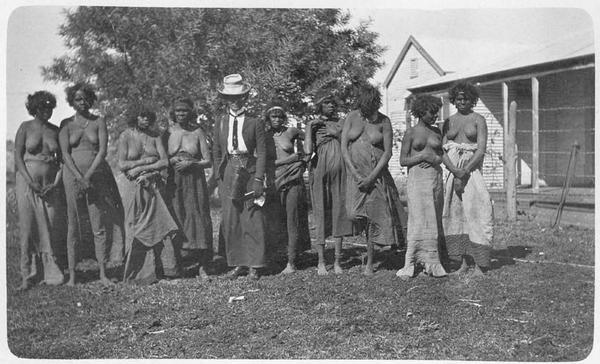






+copy.jpg)










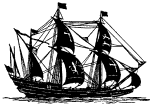





















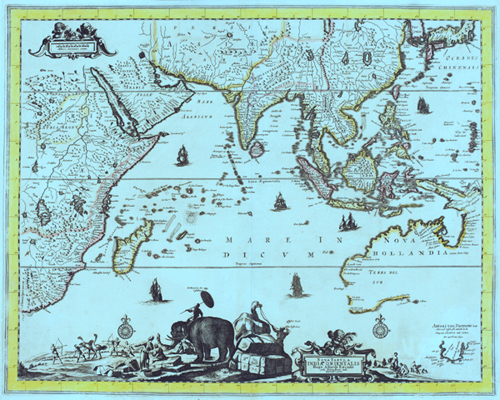


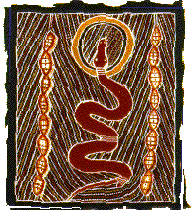


















.jpg)
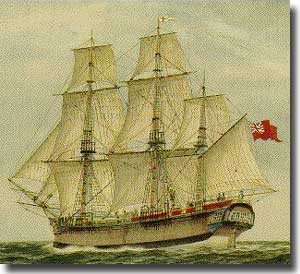

























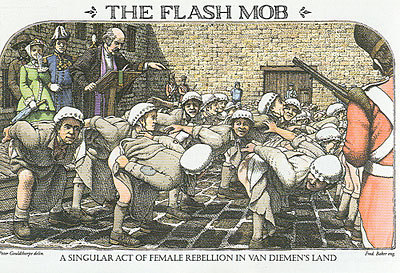
 G
G







.jpg)
















No comments:
Post a Comment